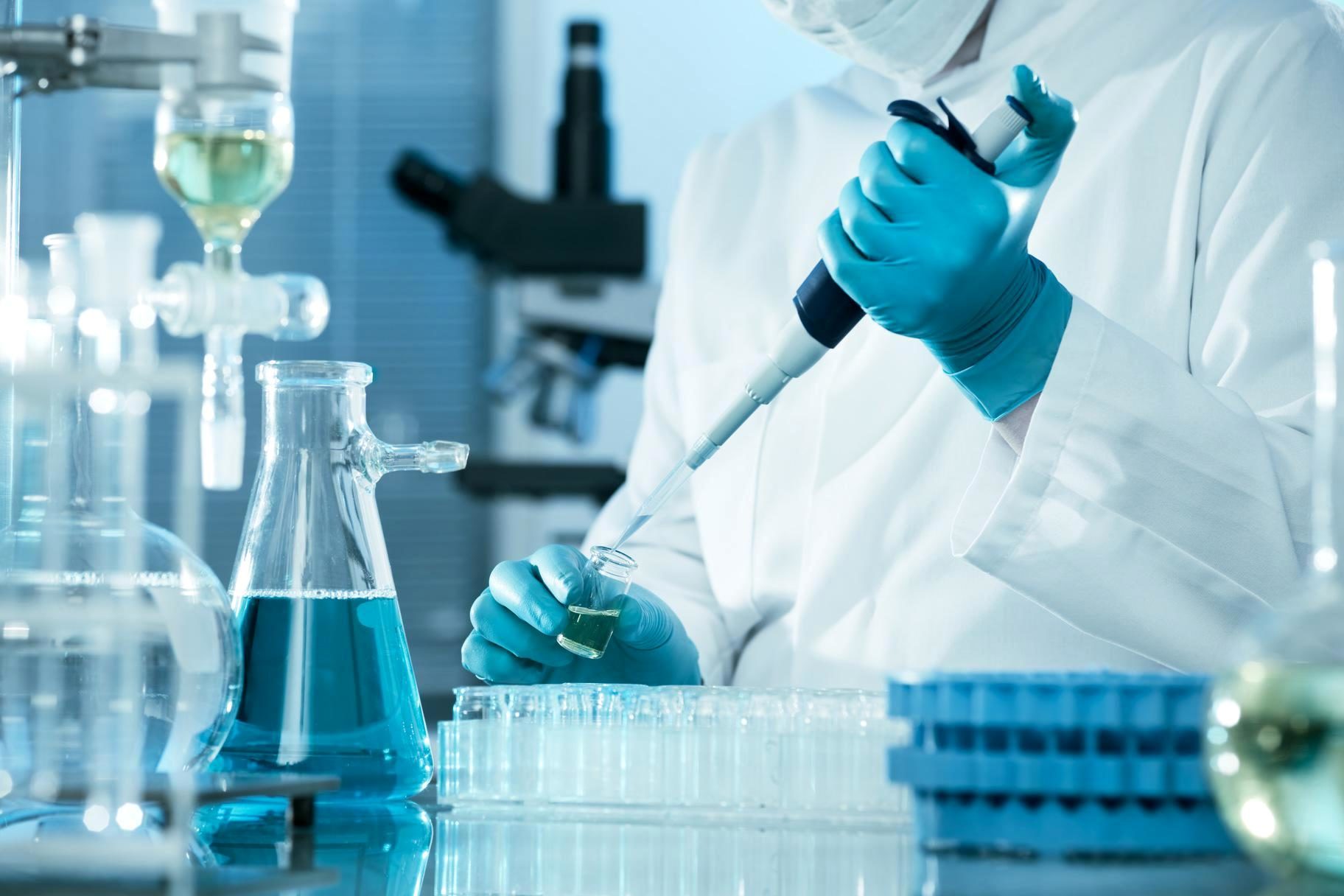DIN EN 13432 Biodegradability of Plastics Chemical Safety Testing
The DIN EN 13432 standard is a crucial requirement for the chemical safety testing of plastic materials, particularly those intended to be used in the automotive sector. This European Norm sets out stringent biodegradability criteria that ensure plastics can decompose naturally within an industrial composting environment. Compliance with this standard guarantees environmental responsibility and reduces the ecological footprint associated with waste management.
The test procedure involves exposing samples of plastic materials to specific conditions designed to mimic industrial composting environments. These conditions include elevated temperatures, humidity, and microbial activity. The primary goal is to assess whether the plastic material can fully decompose into carbon dioxide (CO₂), water, and biomass within 180 days or less.
The significance of this test lies in its role as a gatekeeper for sustainable materials in automotive applications. By ensuring that plastics used in vehicles are biodegradable, manufacturers contribute to the circular economy and reduce landfill waste. The standard applies not only to new product development but also to existing products undergoing reformulation or requalification.
The testing process itself requires meticulous specimen preparation. Samples must be cut into specific dimensions and weights to ensure uniformity across the test batch. These specimens are then placed in a controlled composting environment where they undergo rigorous biodegradation analysis.
Instrumentation plays a critical role in monitoring the decomposition process. Sensors measure CO₂ production, temperature changes, pH levels, and microbial activity within the composting chamber. Data collected from these instruments provides insights into the rate of biodegradation and helps determine compliance with the standard's stringent criteria.
The acceptance criteria for DIN EN 13432 are particularly strict. A material passes if more than 90% of its mass is converted to CO₂, water, or biomass within the prescribed time frame. This high bar ensures that only truly biodegradable plastics can claim compliance with this standard.
For automotive manufacturers and suppliers, ensuring compliance with DIN EN 13432 is essential for both regulatory compliance and market positioning. As environmental regulations become more stringent, consumers are increasingly seeking eco-friendly products. Meeting these standards not only meets legal requirements but also enhances brand reputation and consumer trust.
The testing process is not without challenges. Specimen preparation requires precision to ensure accurate results. Monitoring the composting environment demands continuous attention to maintain optimal conditions. Interpretation of test data necessitates a deep understanding of biodegradation processes, microbial behavior, and chemical reactions.
| Application Area | Description |
|---|---|
| Automotive Exterior Parts | Such as bumpers, grilles, and mirrors. Ensures biodegradable components when end-of-life. |
| Interior Trim Materials | Including seat covers, door panels, and dashboard inserts. Promotes sustainable design in automotive interiors. |
| Under-the-Hood Components | Likely to include hoses, gaskets, and seals. Ensures safe disposal without contamination of natural environments. |
| Waste Management Systems | For recycling processes that incorporate biodegradable plastics into composting cycles. |
Eurolab Advantages
EuroLab offers a comprehensive suite of services to help automotive manufacturers and suppliers navigate the complexities of DIN EN 13432 compliance. Our team of experts ensures that every step of the testing process adheres strictly to international standards, providing accurate and reliable results.
- Comprehensive Testing Capabilities: We offer full-service testing from specimen preparation to final analysis, ensuring a seamless testing experience.
- State-of-the-Art Facilities: Our laboratories are equipped with the latest instrumentation for precise monitoring of biodegradation processes.
- Experienced Technicians: Our team consists of highly qualified professionals specializing in chemical safety testing and biodegradability analysis.
- Compliance Guidance: We provide guidance on how to meet the stringent requirements set by DIN EN 13432, ensuring successful compliance.
- Confidentiality Assurance
Use Cases and Application Examples
- Bumper Covers: Automotive manufacturers use biodegradable plastics for bumper covers to ensure they decompose naturally after end-of-life disposal.
- Seat Covers: Interior trim materials such as seat covers are made from sustainable, biodegradable plastics to enhance the eco-friendly profile of vehicles.
- Hoses and Gaskets: Under-the-hood components like hoses and gaskets benefit from biodegradable materials that do not contaminate natural environments during disposal.
- Recycling Systems: Waste management systems incorporating biodegradable plastics help in creating closed-loop recycling processes.
DIN EN 13432 compliance is crucial for the automotive industry, especially with increasing environmental regulations. By ensuring that plastic components meet these stringent standards, manufacturers can contribute significantly to sustainability goals and regulatory compliance.





